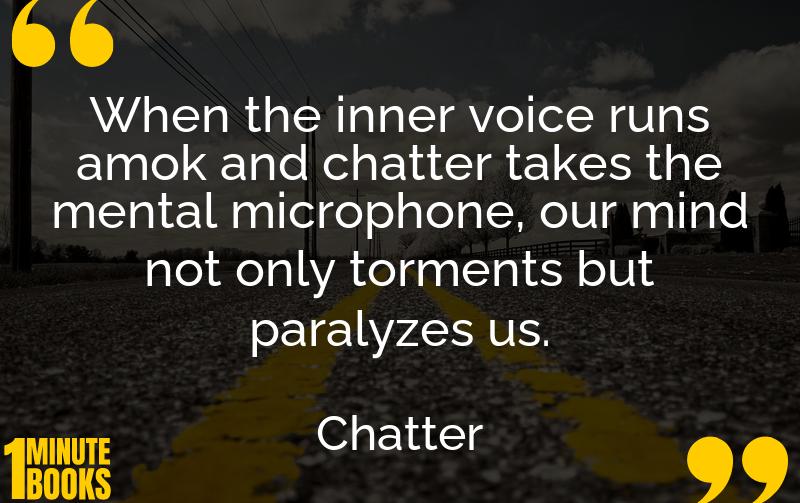
Chatter delves into our inner dialogue’s impact on mental health, proposing practical tools to manage it for a happier life. It offers strategies involving self, others, and the environment.
Main Lessons
- Our inner voice chatters incessantly, affecting our experiences and mental health.
- Chatter, or negative self-talk, can reduce performance and increase stress.
- Distancing oneself can help gain perspective and reduce emotional responses.
- Using second or third person in self-talk aids in emotional detachment.
- Viewing situations as challenges rather than threats can reduce stress.
- Effective support blends emotional comfort with cognitive solutions.
- Co-rumination, or repeated venting, can increase anxiety and depression.
- Invisible support provides assistance without undermining autonomy.
- Choosing the right person to talk to can balance emotional and cognitive needs.
- Physical touch releases oxytocin, reducing stress and fostering connection.
- Social media should be used actively to foster real connections.
- Exposure to nature aids mental reset and boosts concentration.
- Control over one’s environment, like tidying up, can help reduce chatter.








